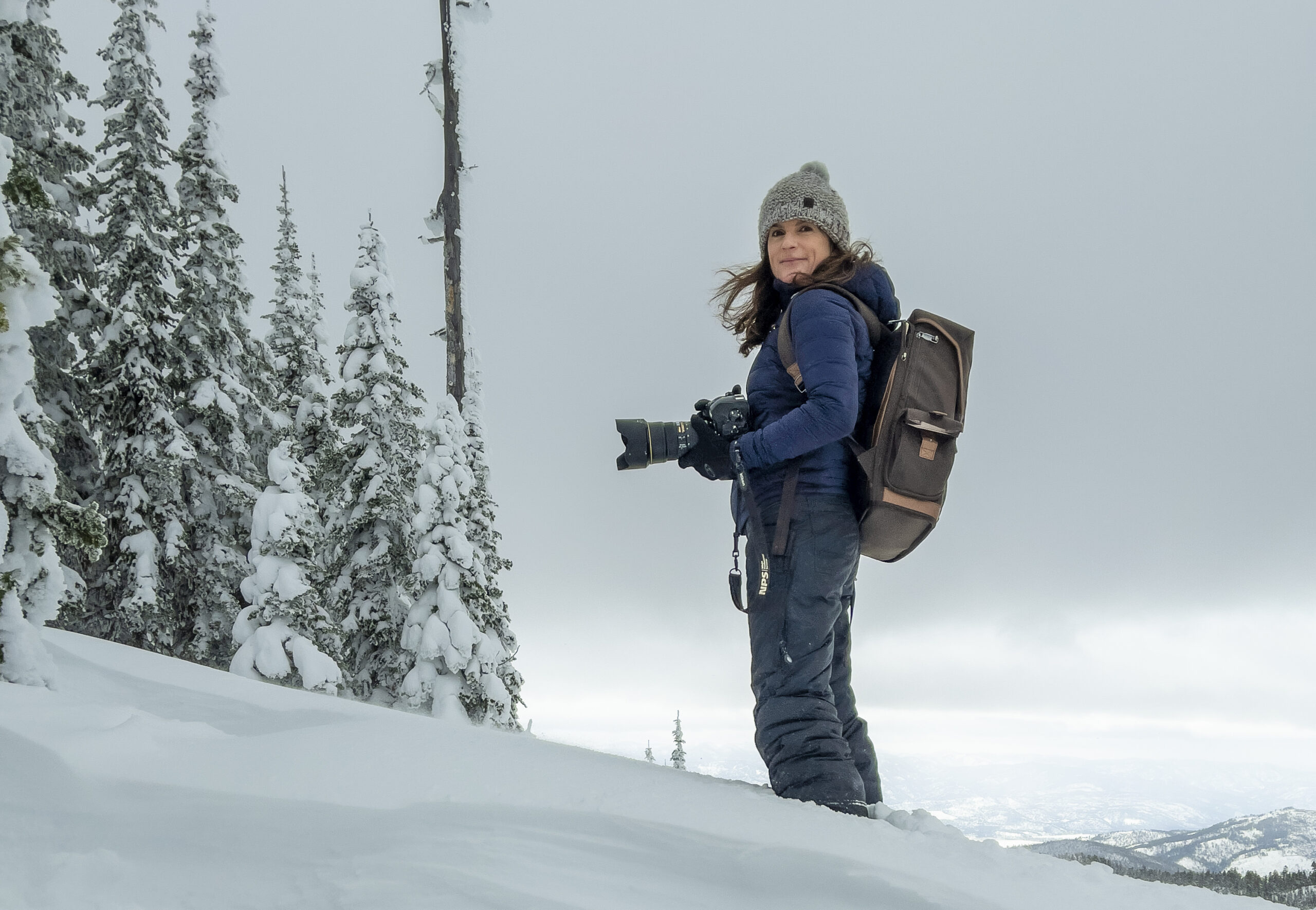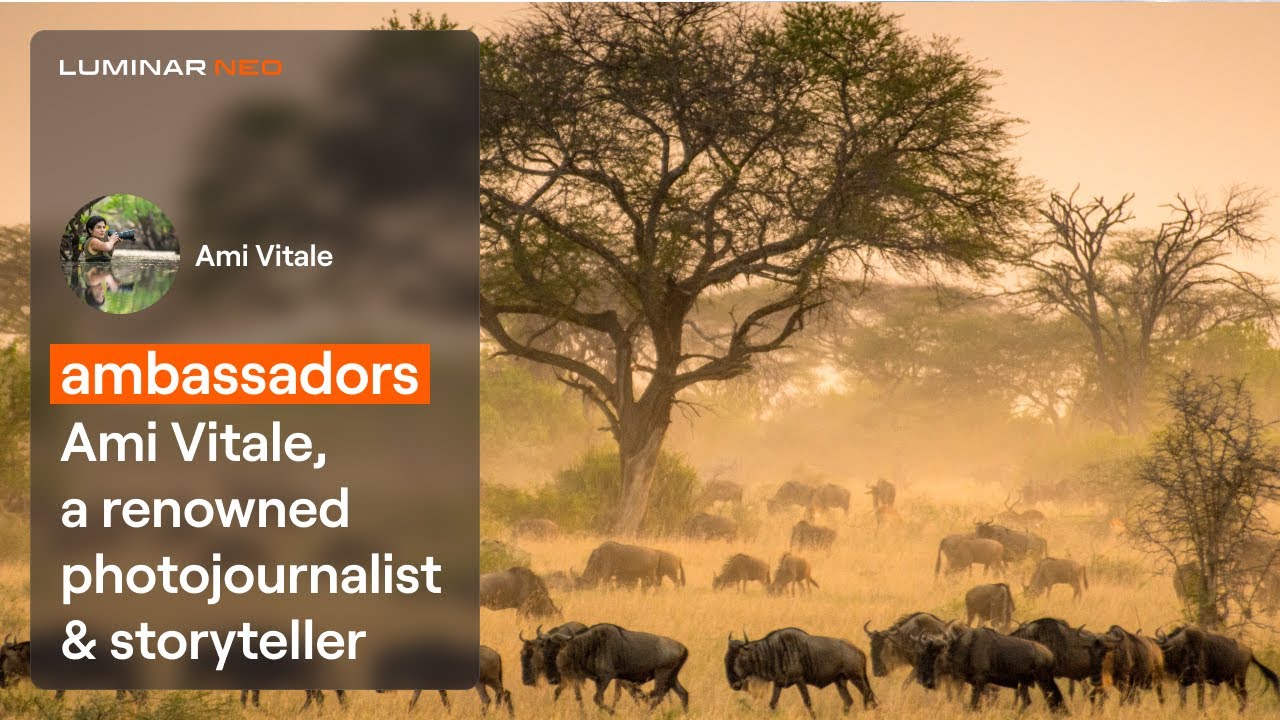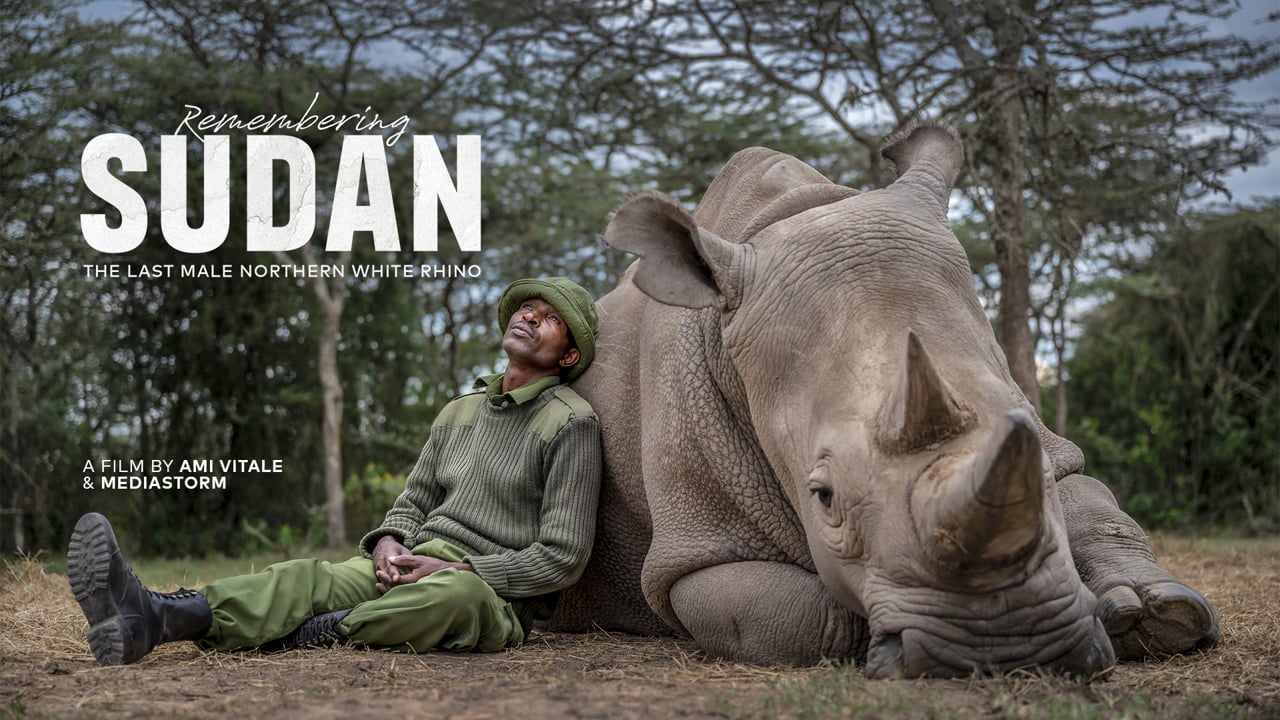What gear do you carry?
09 / 08 / 2009
Return to BlogI have used Nikon bodies and Nikkor lenses since I began and am currently using the D4, D800 and Df. My choice of lenses really depends on the nature of the assignment. If I am shooting wildlife, I need longer lenses like the 400mm with an extender or the 80-400mm. Most of my work is close and intimate so my workhorse is the 24-70mm or the fixed 24mm 1.8. I like to travel light and often bring just 1-2 bodies with a wide and a longer zoom, two SB-910 speedlights, radiopoppers, a gold reflector and my Manfrotto tripod. If I’m going to a remote place, I carry Goalzero solar panels and am now using the F-stop backpacks for most of my travel. I’ll usually buy medicines in country as they are always cheaper there. Lastly, but perhaps most importantly, I like to bring gifts. It is the minimal that I can do to bring small tokens of thanks for the countless people who give so much to make sure that I am safe and travel well.
You May Also Enjoy

Join me in Antarctica!
Embark on an unforgettable journey to Antarctica, the Falkland Islands, and South Georgia to learn the art of visual storytelling! Any number of ships can take you to Antarctica. And the incredible landscape, the wildlife, and Antarctica’s ethereal light – it will all be waiting for you regardless. But how you experience this wonderous place and how deeply it touches [ … ]

Ami Vitale Named Luminar Neo Ambassador
I am honored to announce that I am a Luminar Neo’s Global Ambassador. Skylum, the company behind Luminar Neo, is an extraordinary team, and they have created a tool that helps me streamline my workflow when I am on a deadline. As a documentary photographer, I believe the power of a photograph lies in its [ … ]

Remembering Sudan: A New Award-Winning Film
I am honored to launch my newest award-winning film Remembering Sudan, which documents the heartbreaking crisis facing the northern white rhinos. The film highlights the important relationship between keepers like Zacharia Mutai at Ol Pejeta Conservancy and the creatures they have committed their lives to protecting. It also highlights the important work by the BioRescue Project to [ … ]

